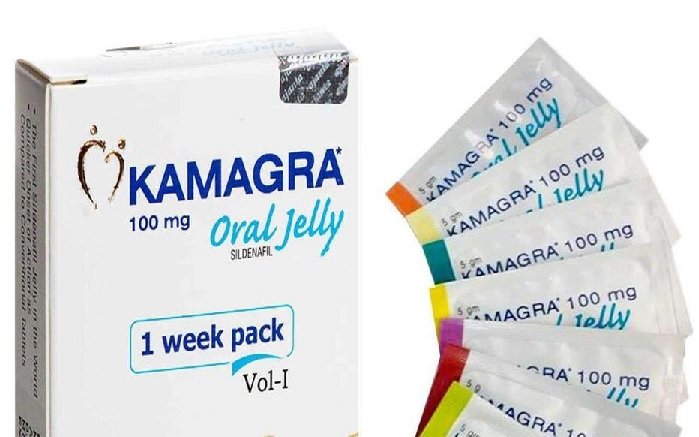What Can Lead to Vision Loss and How to Keep Your Eyes Safe

Vision loss is a serious concern that can significantly impact your quality of life. While some vision problems are unavoidable due to aging or genetics, many causes of vision loss can be prevented with proper care and awareness.
Here’s what you need to know about the common causes of vision loss and how to protect your eyes.
Common Causes of Vision Loss
1. Age-Related Macular Degeneration (AMD)
Age-related macular degeneration is one of the leading causes of vision loss in people over 50. It affects the macula, the part of the eye responsible for sharp central vision. There are two types: “dry” AMD, which progresses slowly, and “wet” AMD, which can cause rapid vision loss. Early detection through regular eye exams is crucial for managing this condition.
2. Glaucoma
Glaucoma is often called the “silent thief of sight” because it can damage the optic nerve without noticeable symptoms in its early stages. By the time vision changes are detected, significant damage may have already occurred. Glaucoma is more common in older adults but can affect anyone. Regular eye pressure checks and early treatment can help prevent further damage.
3. Diabetic Retinopathy
People with diabetes are at risk for diabetic retinopathy, a condition where high blood sugar levels damage the blood vessels in the retina. This condition often develops without early warning signs and can lead to blindness if left untreated. Controlling blood sugar levels and having regular eye exams are essential steps in preventing diabetic retinopathy.
4. Cataracts
Cataracts cause clouding of the eye’s lens, leading to blurred vision, difficulty seeing at night, and sensitivity to light. While cataracts are a normal part of aging, they can be treated effectively with cataract surgery once they interfere with daily activities.
5. Eye Injuries
Eye injuries are a leading cause of preventable vision loss. Whether from sports, home repairs, or accidents, trauma to the eye can cause immediate or delayed damage that may result in permanent vision impairment. Surprisingly, many eye injuries happen at home during everyday activities like cooking or cleaning.
6. Retinitis Pigmentosa
This inherited condition affects the retina and leads to gradual vision loss over time. While there is no cure for retinitis pigmentosa, early diagnosis can help manage symptoms and slow progression.
7. Stroke
A stroke can affect the part of the brain responsible for processing visual information, leading to partial or total vision loss on one side. This type of vision impairment is known as cortical blindness or visual field loss.
How to Protect Your Vision
While some causes of vision loss are related to genetics or aging, there are many steps you can take to protect your eyes and maintain good vision throughout your life.
1. Regular Eye Exams
One of the most important things you can do for your eyes is to have regular comprehensive eye exams with an ophthalmologist. Many serious eye conditions, such as glaucoma or diabetic retinopathy, do not show symptoms until significant damage has occurred. Early detection through routine check-ups can prevent irreversible vision loss.
2. Control Chronic Health Conditions
If you have diabetes or high blood pressure, managing these conditions is essential for protecting your eyes. High blood sugar levels and hypertension can damage the blood vessels in your eyes over time, leading to conditions like diabetic retinopathy or hypertensive retinopathy.
3. Wear Protective Eyewear
Whether you’re playing sports or doing home repairs, wearing protective eyewear can prevent up to 90% of serious eye injuries. Safety goggles should be worn during activities where debris or chemicals could enter the eye.
4. Protect Your Eyes from UV Rays
Long-term exposure to ultraviolet (UV) rays from the sun increases your risk for cataracts and macular degeneration. Always wear sunglasses that block 100% of UV rays when you’re outdoors.
5. Quit Smoking
Smoking increases your risk for several eye diseases, including cataracts and macular degeneration. Quitting smoking not only benefits your overall health but also reduces your risk of developing these serious conditions.
6. Maintain a Healthy Diet
Eating a diet rich in leafy greens, fish high in omega-3 fatty acids, and fruits that contain vitamins C and E can help protect against age-related vision problems like macular degeneration.
Conclusion
Vision loss doesn’t have to be inevitable as you age—many causes are preventable with proper care and attention. Regular eye exams, managing chronic conditions like diabetes, wearing protective eyewear, and adopting healthy lifestyle habits are all key steps in safeguarding your sight.
If you haven’t had an eye exam recently or are experiencing any changes in your vision, it’s important to schedule an appointment with a trusted ophthalmologist right away.
Your eyesight is precious—take action today to protect it!












